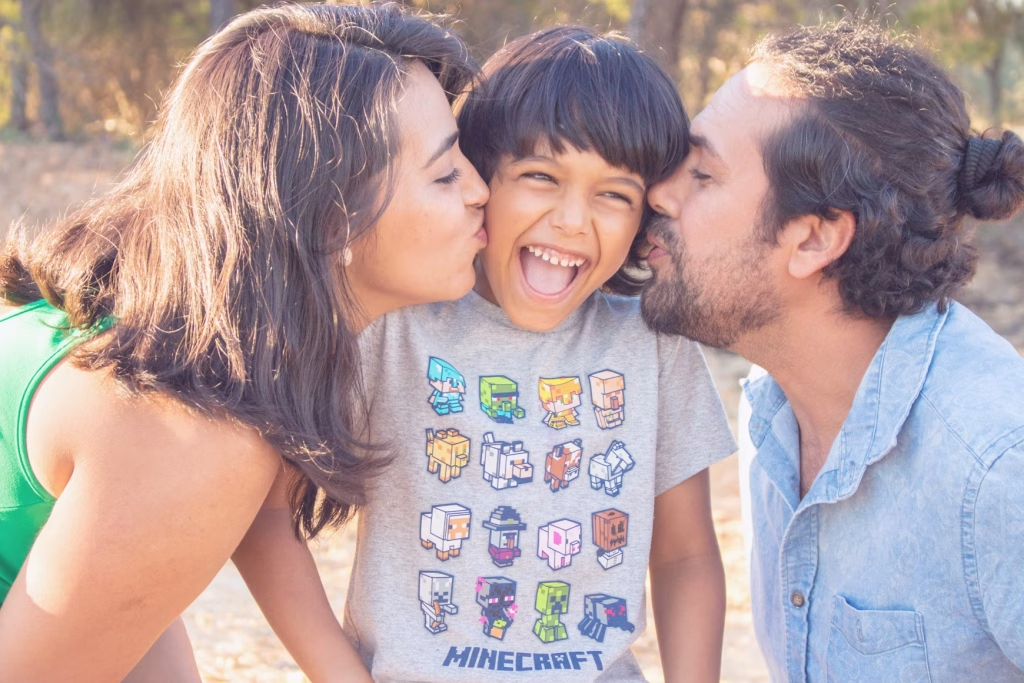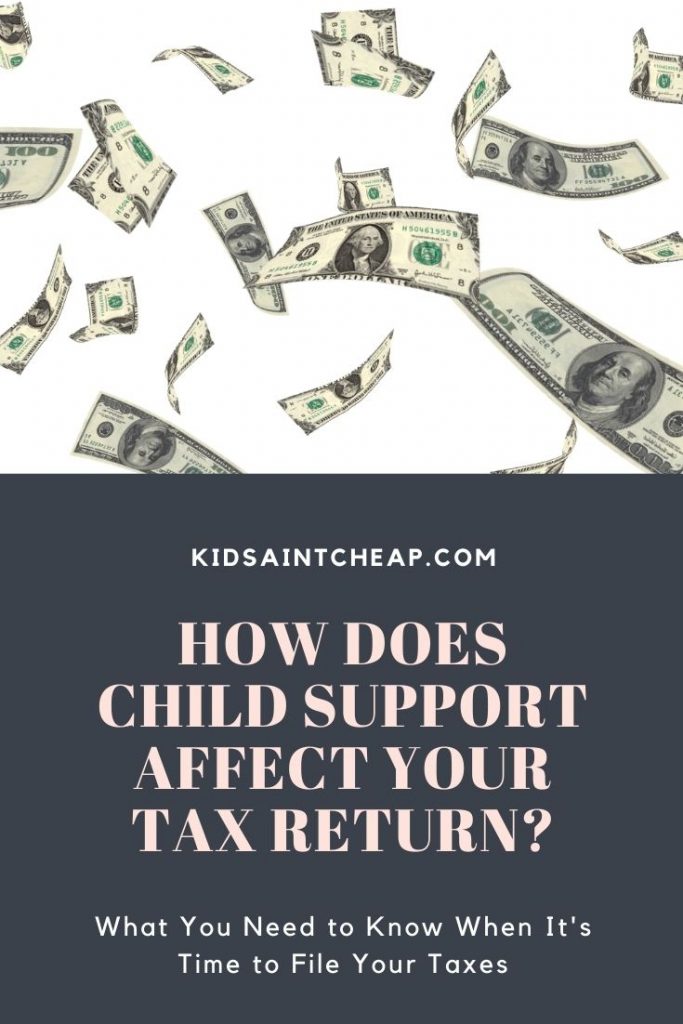Co-parenting is one of the toughest balancing acts parents face after separation or divorce. It requires patience, cooperation, and a strong commitment to putting children first. Words carry a lot of weight in this dynamic, and the wrong ones can cause unnecessary tension, confusion, or even harm to your child’s emotional well-being. Choosing language that fosters respect instead of conflict is essential for building a stable environment. Here are eight things you should never say when co-parenting and why avoiding them makes a difference.
1. “That’s Not My Problem”
When challenges arise, dismissing them with “that’s not my problem” creates walls instead of solutions. Co-parenting is a shared responsibility, and this phrase signals an unwillingness to cooperate. Children thrive when both parents are invested in solving issues, whether big or small. Saying this not only frustrates your co-parent but also leaves your child caught in the middle. Collaborative problem-solving strengthens trust and keeps the focus on the child’s best interests.
2. “Your Mom/Dad Is the Reason Things Are Bad”
Speaking negatively about the other parent in front of the child undermines co-parenting and damages trust. Children may internalize these comments, feeling torn between loyalty to both parents. This type of language can create guilt, confusion, or resentment. Even if frustrations are valid, expressing them to your child is harmful. Respecting the child’s relationship with both parents is crucial for healthy emotional development.
3. “You’re Just Like Your Mom/Dad”
This phrase may seem harmless but often carries negative undertones. Using it as criticism makes children feel judged for qualities beyond their control. Co-parenting works best when children are encouraged to embrace traits from both parents without shame. Even positive comparisons can backfire if they seem like favoritism. Instead, focus on celebrating your child’s individuality and unique strengths.
4. “I Don’t Care What the Rules Are at Their House”
Consistency is key for children adjusting to two households. Dismissing the other parent’s rules by saying you don’t care creates conflict and confusion. Co-parenting requires compromise, and while rules may differ, showing respect for them helps children feel secure. Undermining household expectations can also lead to behavioral issues. Strive for flexibility and alignment wherever possible to keep children grounded.
5. “Don’t Tell Your Mom/Dad About This”
Asking children to keep secrets from the other parent puts them in an uncomfortable and unfair position. Co-parenting should never involve making kids feel like messengers or secret-keepers. This type of statement creates stress and may erode a child’s trust. It also damages the spirit of transparency between parents. Children should feel safe and supported in both homes without the burden of secrecy.
6. “I’ll Take You Away from Your Mom/Dad”
Threatening to take children away undermines co-parenting and causes unnecessary fear. Kids need reassurance that both parents are stable and reliable. Using threats makes them feel insecure about their relationships and living arrangements. Co-parenting should focus on building safety, not using fear as leverage. Instead of threats, emphasize reassurance and collaboration to support the child’s sense of stability.
7. “Your Mom/Dad Doesn’t Really Care About You”
Few phrases damage co-parenting more than questioning the other parent’s love. Children should never doubt that both parents care for them deeply. Hearing otherwise can create lasting emotional scars and lead to unnecessary conflict. Even during disagreements, it’s vital to uphold the other parent’s role in the child’s life. Encouraging strong bonds with both parents helps children feel secure and loved.
8. “I’m the Better Parent”
Claiming superiority as the better parent introduces competition where there should be teamwork. Co-parenting is not about winning but about raising children together successfully. This type of statement fosters resentment and tension, which children can easily sense. Instead of focusing on who is better, focus on what each parent contributes positively. Highlighting cooperation rather than comparison strengthens the parenting partnership.
Building a Healthier Co-Parenting Mindset
Words can either divide or unite, and in co-parenting, they play a vital role in shaping the family dynamic. Avoiding harmful phrases helps protect your child’s emotional health while creating a more stable environment. Respectful communication shows children that even in separate households, parents can work together for their benefit. The goal is not perfection but progress in building a cooperative relationship. By choosing words wisely, co-parenting becomes less about conflict and more about collaboration.
What strategies have helped you maintain respectful communication while co-parenting? Share your experiences in the comments below.
What to Read Next…
8 Legal Battles That Can Tear Apart a Co-Parenting Agreement
Custody Battle: 6 Documents You Need Before Child Custody Battles Cost You Everything
8 Real Costs of Child Custody Battles That No One Talks About
6 Things Kids Say That Could Be Used Against You in Court
When a Child’s Lie Leads to a CPS Investigation
Catherine is a tech-savvy writer who has focused on the personal finance space for more than eight years. She has a Bachelor’s in Information Technology and enjoys showcasing how tech can simplify everyday personal finance tasks like budgeting, spending tracking, and planning for the future. Additionally, she’s explored the ins and outs of the world of side hustles and loves to share what she’s learned along the way. When she’s not working, you can find her relaxing at home in the Pacific Northwest with her two cats or enjoying a cup of coffee at her neighborhood cafe.












